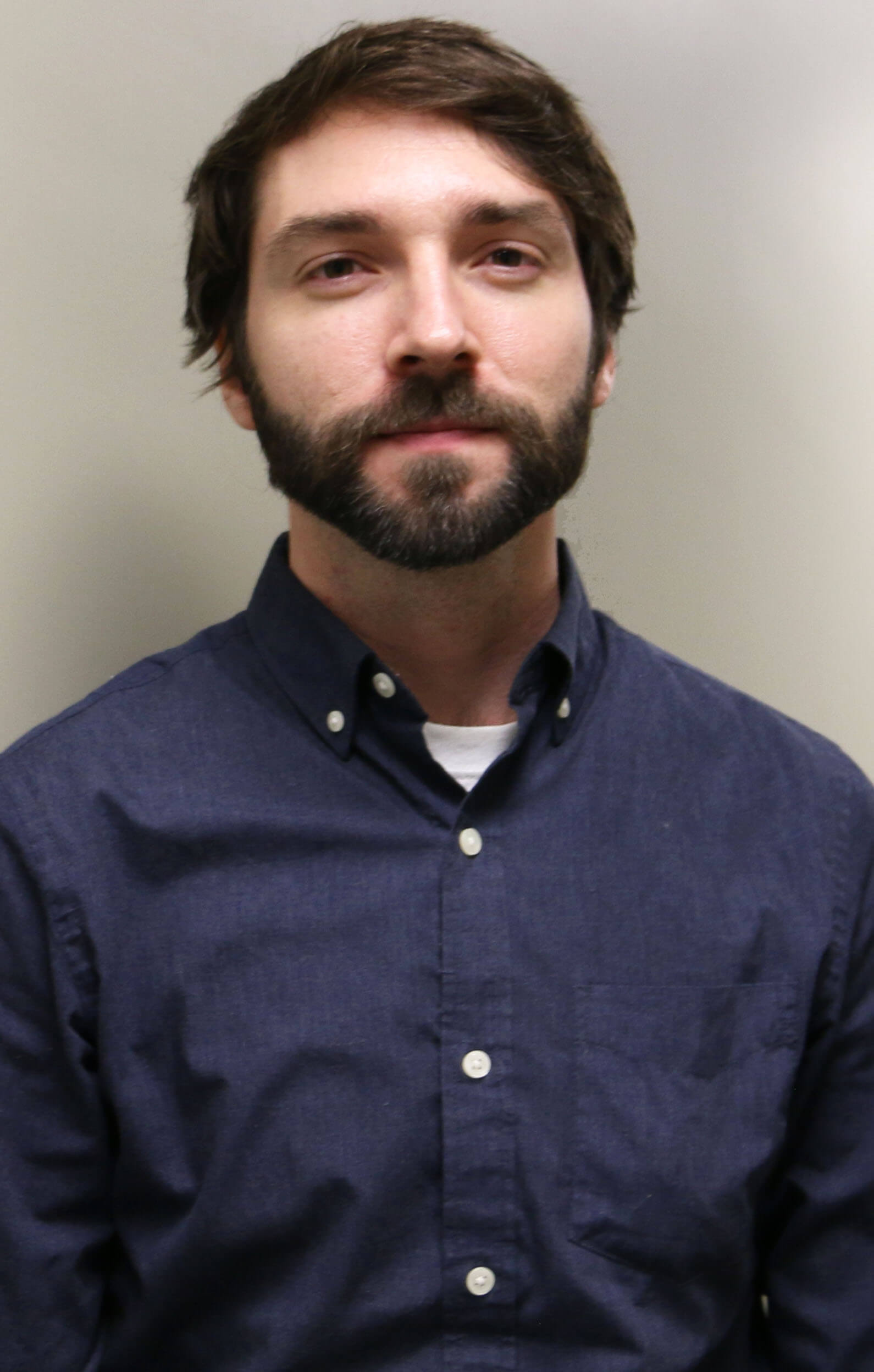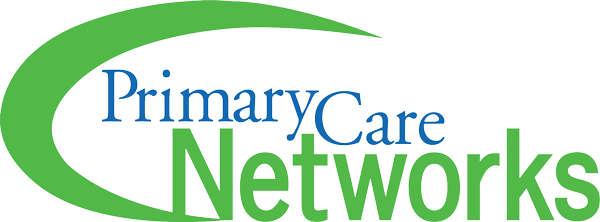Working together to meet community needs
Sometimes life throws curveballs, and you’re not sure what to do. It could be an aching shoulder, stress from your job, a financial problem—or all of the above. Your medical home can help. A main goal of the Primary Care Networks (PCNs) in the Calgary area is to understand and respond to your needs. Here are some of the community programs and services they offer.
Providing rural resource support
For residents of Gleichen, like in many rural areas, transportation and isolation can be major health obstacles. “Patients either had to travel to Strathmore, Calgary or Bassano for assistance or they were left to fall through the cracks,” says Val Alce, client resource specialist for the Calgary Rural PCN. While the team at the Gleichen Medical Centre tries to assist its patients with a range of issues, it was clear that medical needs were being sidelined by social struggles. In response, Alce’s position was created to address the disconnection in the area, and help patients get social support in the community. Based out of Strathmore and Gleichen, Alce assists with applications for financial assistance, locating housing agencies, food bank referrals, and addiction programming—so patients can focus on their health. “We see many patients from the Siksika First Nation. Many do not know of the social programming available in their own community,” Alce says. Through relationship building, she makes navigating and accessing such programs easier.
How to connect: Access to client resource support is via physician and nurse referral through the Calgary Rural PCN’s Strathmore office, (403) 901-0142.
Primary care when you need it
You wake up sick or in pain, but can’t see your doctor. What now? The Primary Care Centre offers same-day, seven-day-a week appointment services for patients in immediate need. The Calgary West Central PCN saw the need for primary care services beyond the typical hours of most family practice clinics, and responded with the Primary Care Centre. “Evidence suggests the best possible health outcomes happen through care provided by a family physician, supported by other healthcare providers,” says Cory Smith, the Primary Care Centre’s manager of clinic operations. “The Primary Care Centre offers access to care for patients when they can’t be seen by their family doctor, but then promptly returns that care back to the family doctor for continuity of care.” Notes from PCC appointments are sent immediately to the patient’s doctor, a feature not available through the emergency or walk-in systems. Patients can also be referred to the Primary Care Centre’s senior services clinic, social workers and a 24-hour blood pressure monitoring service. By providing an alternative to walk-in clinics and accepting less-urgent patients diverted from the ER, the Primary Care Centre prevents nearly 1,000 patients per month from delaying care or not seeking care at all.
How to connect: Patients of Calgary West Central PCN can access the PCC by referral from their family physician, via Health Link (811) or through the Emergency Department of Rockyview General Hospital.
A main goal of the Primary Care Networks (PCNs) in the Calgary area is to understand and respond to your needs.

Help with housing
Your doctor’s office might not seem the obvious choice to get help with affordable housing, but that’s precisely where Sharon T* got the help she needed. A 74-year-old self-employed massage therapist, Sharon sees fewer clients than she used to and so her income has shrunk. An independent senior, she’s never needed subsidized housing before. “It was very scary. I wanted to be proactive, but I didn’t know where to start,” Sharon says. Through the psychologist at her doctor’s office, Sharon met Brady Galenzavier, a community social worker for the Calgary Foothills PCN’s Health Home Community initiative. The initiative works alongside family doctors, health professionals and other organizations to connect patients to community resources including social workers. After living in the same place for nearly a decade, Sharon was overwhelmed with finding a new home. “Brady had all the resources on what was out there,” she says. “He helped me set out a plan and a schedule, and told me which agencies to contact. He followed up, and was very supportive. I could call him at any time. I don’t know how I would have done this without him.” Community social workers “offer a helping hand to reduce feelings of isolation and hopelessness in moments of struggle,” Galenzavier says. Above all, Health Home Community connects with people to improve access to care. “A major function of Health Home Community is to prevent our most vulnerable patients from feeling lost within a complex health and social care system.” “It’s a true mental, emotional and physical safety net,” Sharon says. “To know that even after I move, Brady will call me to see how it went, that makes me feel good. It’s a real connection. And doctors are not just for medical issues; they help with life issues. Ask for help. We all need help sometimes.” *last name withheld for privacy
How to connect: Call 1-855-79-CFPCN (23726) to book a free appointment with an HHC social worker. No referral required. Free workshops also available; book online at cfpcn.ca
Specialized diabetes care in the community
The Mosaic PCN sees more than 10,000 appointments annually for diabetes management. It’s identified northeast Calgary as an underserviced area for diabetes patients. Some require complex diabetes care, and so the Diabetes Optimization Team was created to bridge that gap. Made up of diabetes educators—pharmacists, nurses and dietitians with specialized endocrinology training—the team provides specialized care to patients in the community. Specialized care includes “advanced carb counting, complex insulin regimens, optimizing oral medications, and helping the patient manage the psychosocial demands of diabetes management,” says Jessica Tran, primary care pharmacist and Diabetes Optimization Team member. “The goal is to get the patient’s sugars adequately stabilized so they can be discharged back to their medical home for ongoing care.” Jackie Liu, the pharmacist who created the Diabetes Optimization Team, realized the community had specific patient needs. “They didn’t want to use specialists because they didn’t want to drive all over the city. Also, we needed to have sensitivity to social determinants. If you get your food from the food bank, you can only adjust your diet so much.” Some clients have difficulty following complex medical instructions. “A PCN diabetes educator can go over them repeatedly, and provide the steady consistent hand and patience needed,” explains Liu. “Other clients are reluctant to change their lifestyles, but we can still help them avoid a hospital stay. Ultimately, the Diabetes Optimization Team brings some harm-reduction principles mixed with the management of complex medical needs, carried out at the patient’s level.”
How to connect: Access to the Diabetes Optimization Team is via referral from a Mosaic PCN family doctor. www.mosaicpcn.ca
Walking the walk
Overcoming barriers to exercise can come down to simply listening. “We kept hearing the same thing. Individuals wanted a safe, affordable and social way to exercise in their community—they wanted a walking group,” says Katie Krenz, a kinesiologist and the new Community Development Lead for the South Calgary PCN. So Krenz helped start an adult walking program. Since it began nearly four years ago, the group has evolved to meet the mobility and social needs of its members. Walkers meet twice a week to walk laps together, socialize and cheer each other on. Many of South Calgary’s recreation centres focus on youth programs so “the 50-plus demographic has very few options to get active safely,” Krenz says. “The walking group addresses that need as well as provides a platform for socialization. Lasting friendships have been made and most importantly, a community in itself has been created.” “This group has really helped me,” says member Bev Neuls. “When you go, you feel so much better. You have done some walking, met some people, had some laughs—the whole atmosphere has been great for my general well-being and health.”
How to connect: The South Calgary PCN walking group meets Tuesdays and Thursdays from 11 a.m. to noon at the Lake Bonavista Promenade, 755 Lake Bonavista Dr. S.E.
Ready for change
You’re ready to make a major lifestyle change, but you’re not sure how. Highland PCN designed its Health Improvement Program for this purpose—to guide patients by providing support and direction to implement lifestyle changes like weight loss, managing stress and anxiety, and increasing activity. Nancy Tolonen started the program after several health problems, including congestive heart failure. She wanted to learn to eat better and lose weight. “I was ready to make a change. I had reached the point where I could see there wasn’t a very bright future ahead. I hadn’t left my house in months. The Health Improvement Program gave me a reason to go out and feel better.” With the support of Highland PCN’s health team, patients choose group classes about the importance of sleep, managing stress, mental wellness, self-acceptance, goal setting, healthy eating and enjoyable movement. Tolonen signed up for a Mindful Eating class and soon lost 14.5 kg. “My mobility has really improved. It’s been great, getting out and speaking with other people going through the same thing,” she says. “You realize you’re not alone.” Tolonen also meets regularly with a registered nurse. “I need to be accountable to someone,” she says. “So I weigh in, and we set goals. Just knowing you have to check in is good motivation.” Sleeping better is also a big win for Tolonen. Since her weight loss, she no longer needs a CPAP machine, a device that delivers constant air pressure while you sleep to treat sleep apnea. “I used to wake up with no energy and struggle to do anything. Now I look forward to getting up. I’ve changed my outlook on everything. Everyone at the program is like my cheerleader. I can’t stress enough what a fantastic program it is. And it’s available right in our community.”
How to connect: The Health Improvement Program is by physician or health team referral within the Highland PCN, (587) 287-1727.
Partnership to prevent elder abuse
One in 10 seniors will experience abuse, whether it be financial, emotional, physical or sexual, through medication or by neglect. In Claresholm, the situation is of even greater concern because 36 per cent of Claresholm’s population is over the age of 60, compared to the provincial average of 16 per cent. Because of its rural location, there are fewer resources and transportation options, resulting in isolation and unmet needs. There is also stigma around elder abuse, and many people ignore or deny the problem. Several of Claresholm’s agencies and service providers were aware of the gaps and challenges related to effectively addressing and preventing elder abuse so they partnered to take action. The Coordinated Community Response to Elder Abuse committee formed with representatives from groups including the Calgary Rural PCN, Alberta Health Services, Claresholm Housing Authority and RCMP. The Coordinated Community Response committee will host information sessions in Claresholm and area to raise awareness about elder abuse, and try to break down ageist stereotypes and stigma of abuse. It also developed and implemented a coordinated response model. “Due to the complex nature of elder abuse, many diverse agencies need to address a single case,” says Gabrielle Kirk, Coordinated Community Response’s coordinator. “We work diligently to organize and collaborate with all the necessary stakeholders in order to achieve the best possible outcomes for individuals in abusive situations.” “Only 20 per cent of cases are ever reported in Canada,” Kirk says. “Many older adults do not, or are unable to, speak about their abuse.” The Coordinated Community Response hopes to change that.
How to connect: Anyone experiencing elder abuse or who knows of someone experiencing elder abuse is encouraged to call the 24-hour Alberta Family Violence Line at 310-1818 for emotional support, risk assessment and referral to the Coordinated Community Response or a similar response unit. If danger is imminent, call 911.
